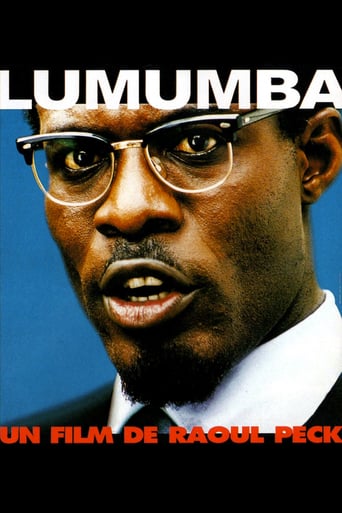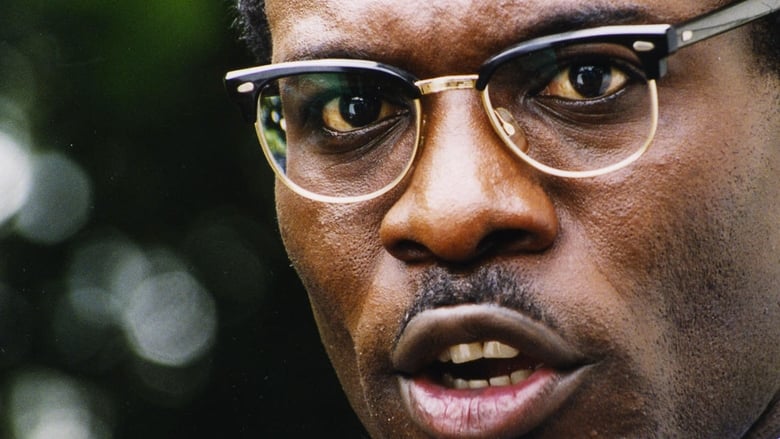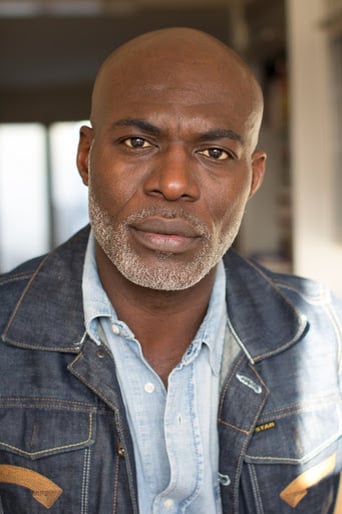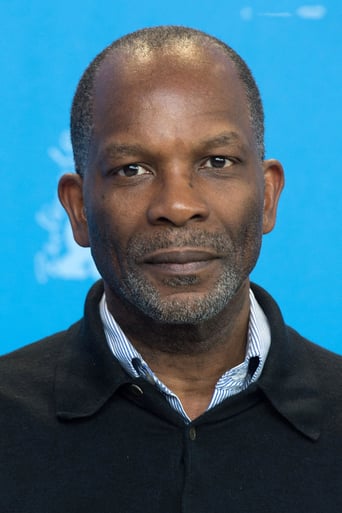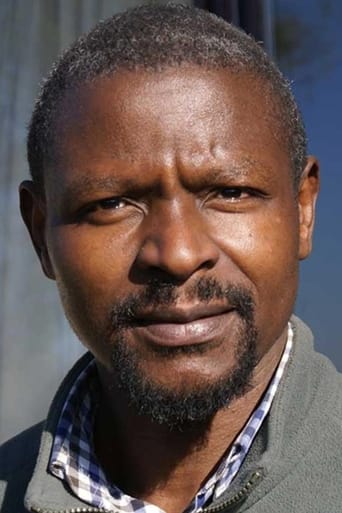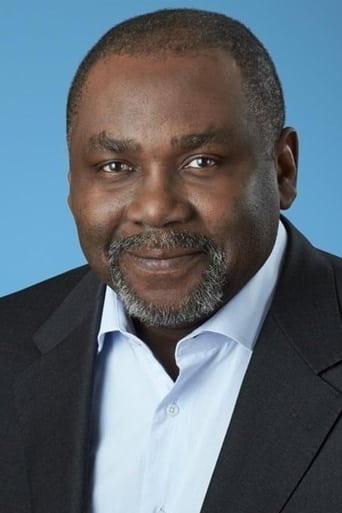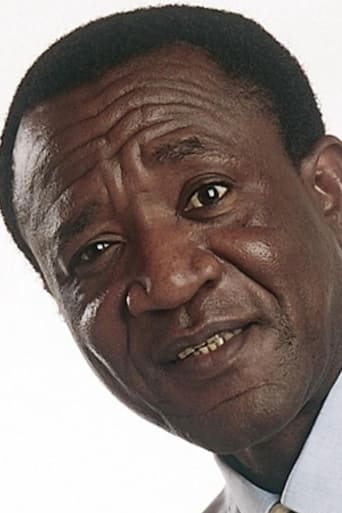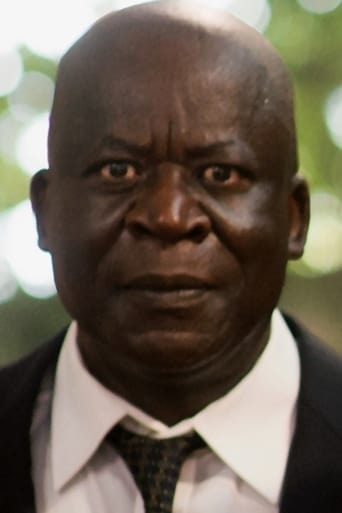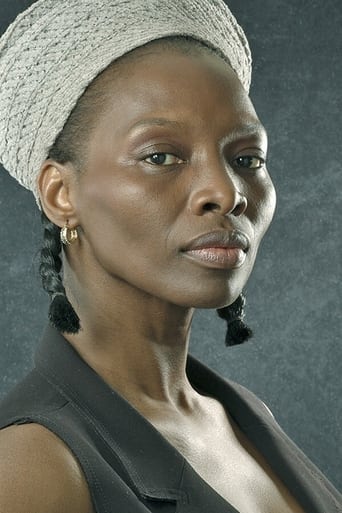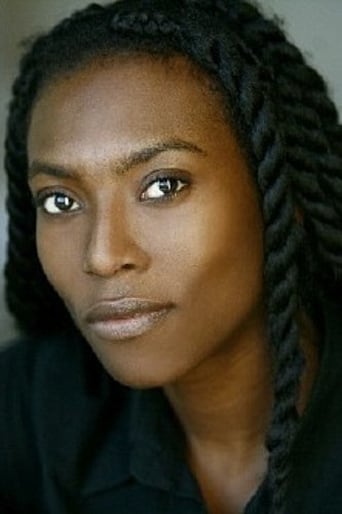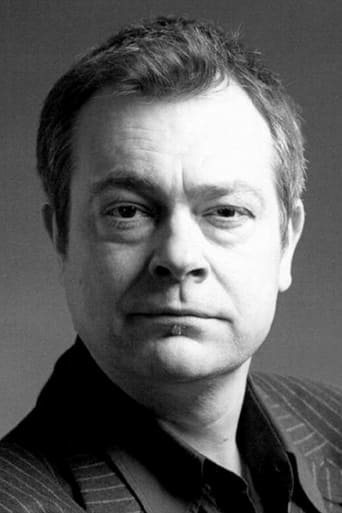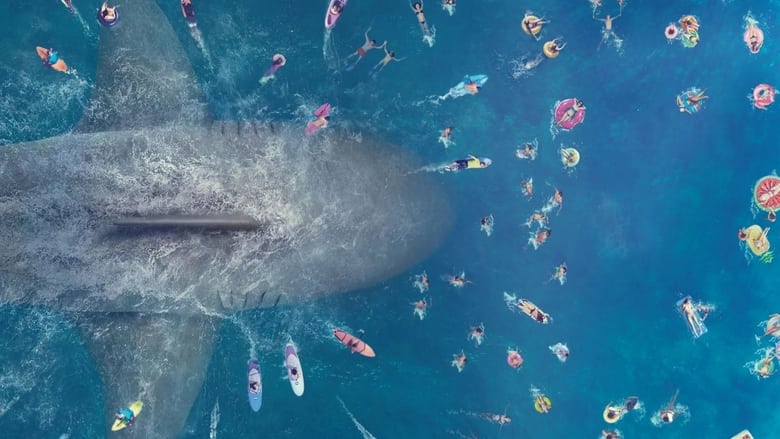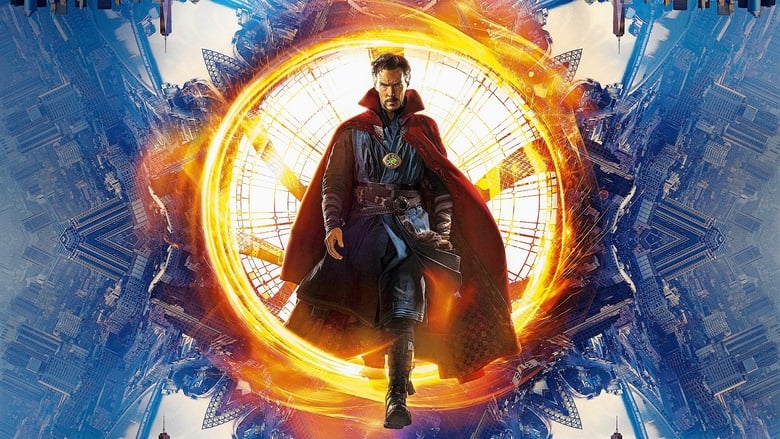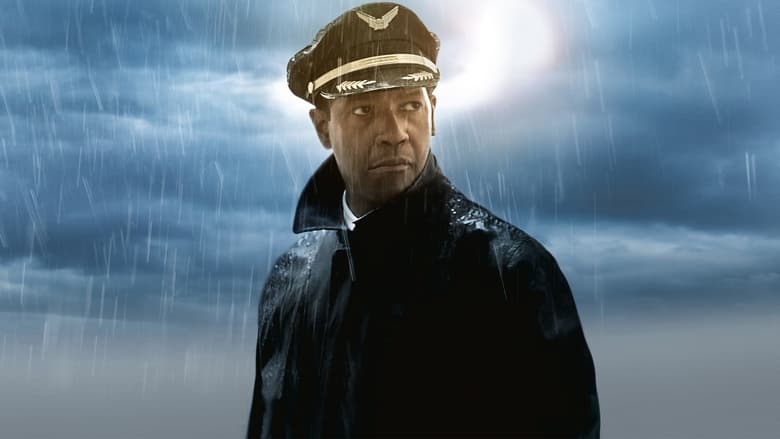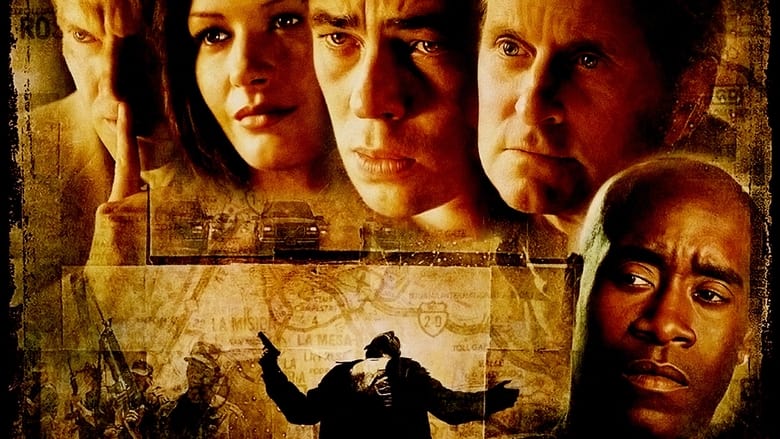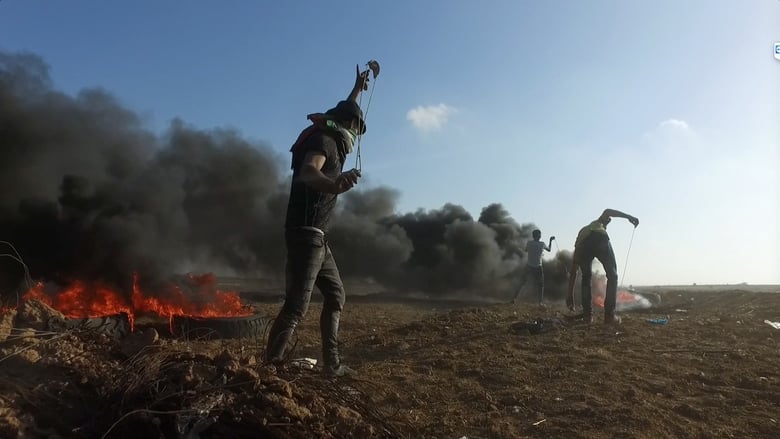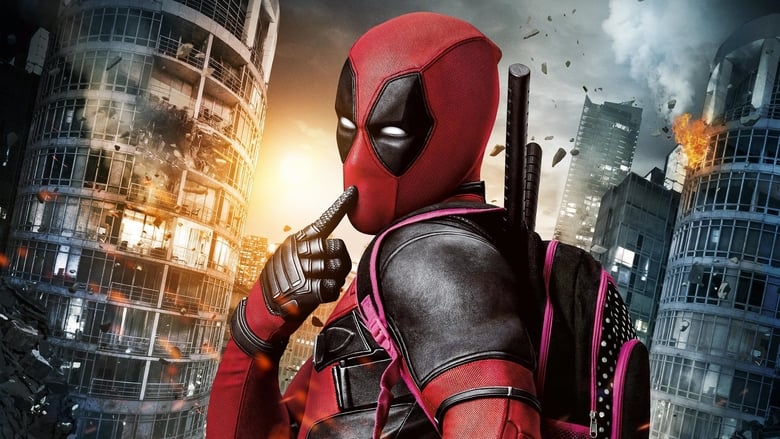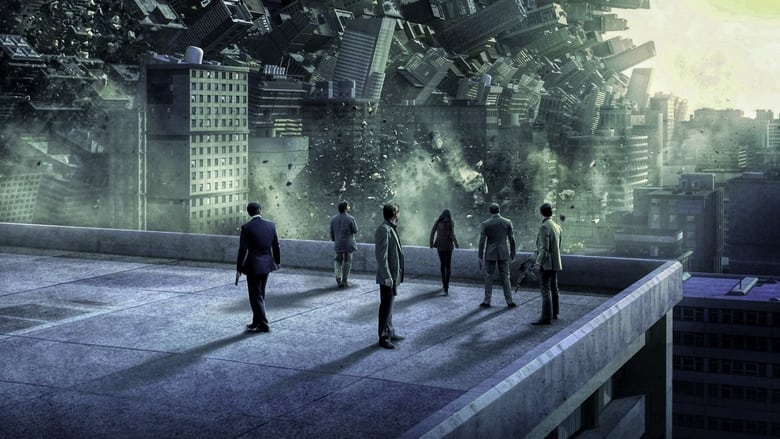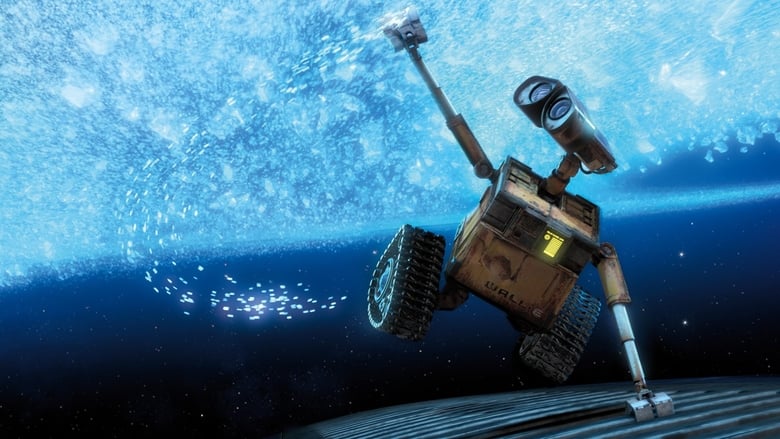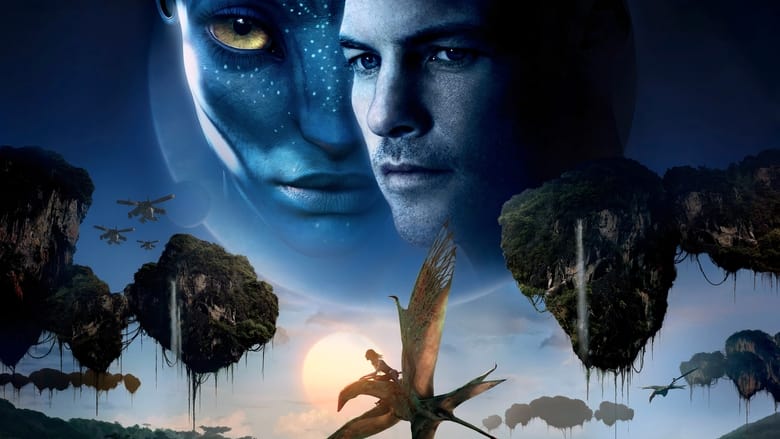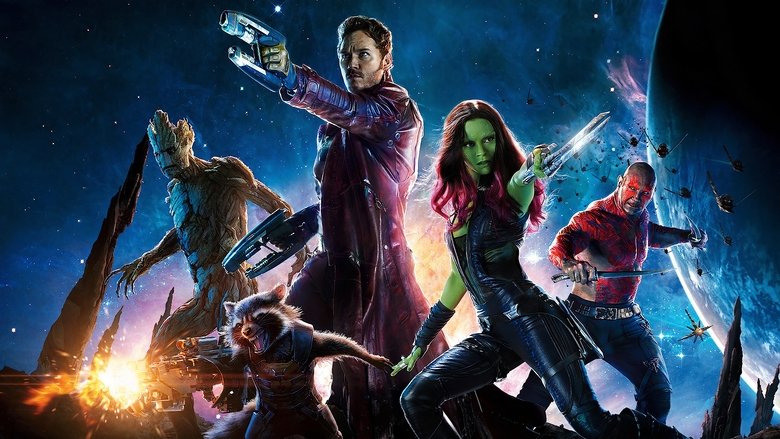The true story of the rise to power and brutal assassination of the formerly vilified and later redeemed leader of the independent Congo, Patrice Lumumba. Using newly discovered historical evidence, Haitian-born and later Congo-raised writer and director Raoul Peck renders an emotional and tautly woven account of the mail clerk and beer salesman with a flair for oratory and an uncompromising belief in the capacity of his homeland to build a prosperous nation independent of its former Belgian overlords. Lumumba emerges here as the heroic sacrificial lamb dubiously portrayed by the international media and led to slaughter by commercial and political interests in Belgium, the United States, the international community, and Lumumba's own administration; a true story of political intrigue and murder where political entities, captains of commerce, and the military dovetail in their quest for economic and political hegemony.


Similar titles
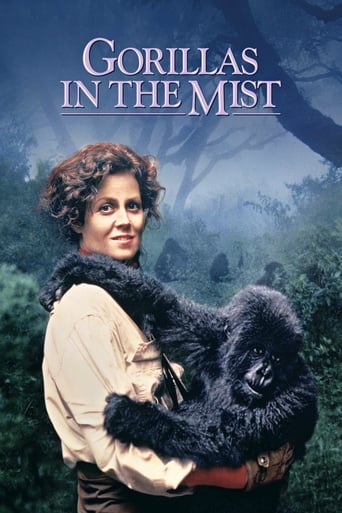
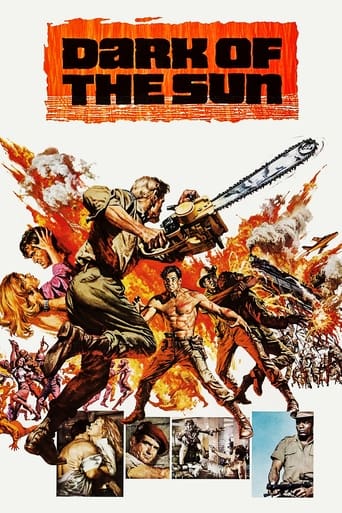
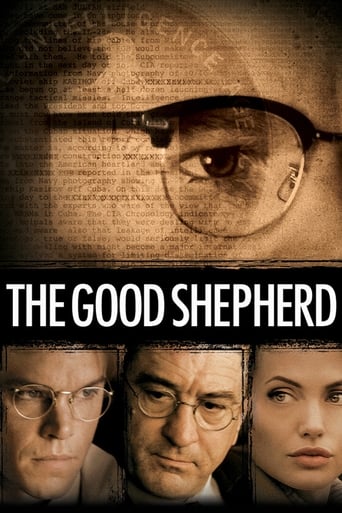
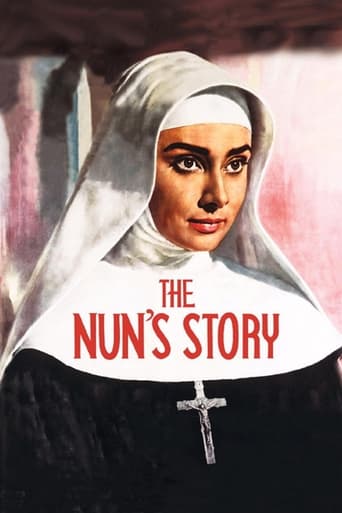
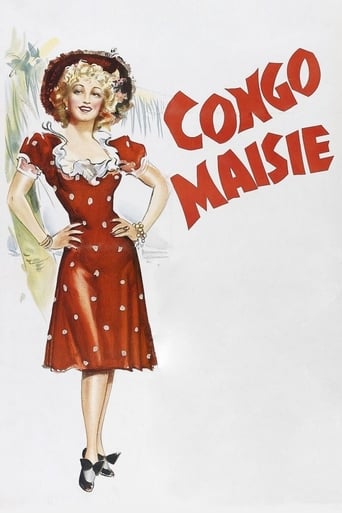
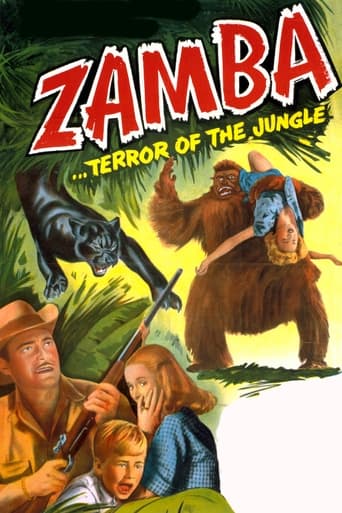
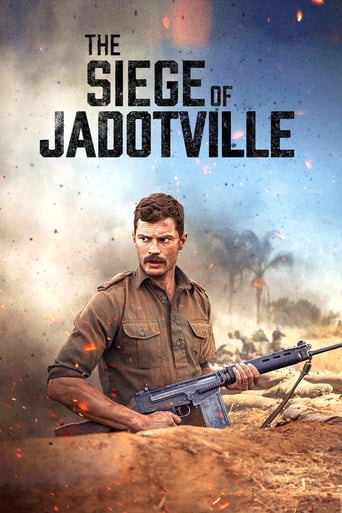
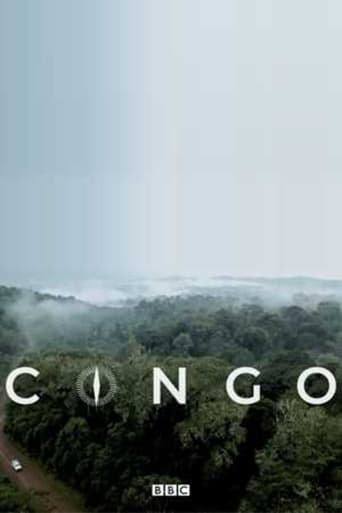
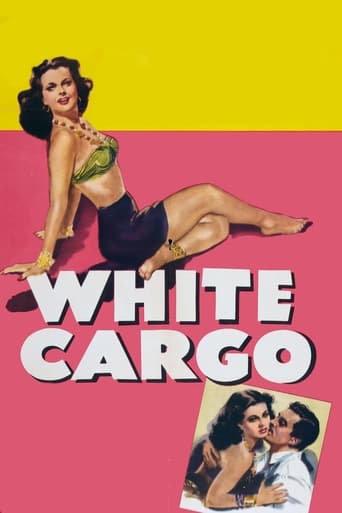
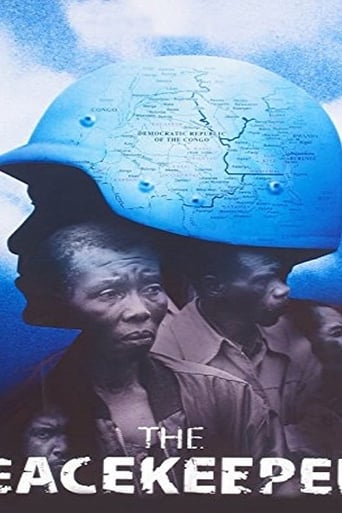
Reviews
an excellent, thoughtfully produced historical drama--well played, artfully written, shot in ways that convey accurate visual images of the congo, and with more than a few moving moments, especially for those who care about the history of Africa and imperialism. however, a fair amount of worthwhile content gets lost in translation, and because names, acronyms, and so forth are hard to follow. so i would strongly recommend checking a neutral source such as wikipedia to get a basic sense of the story being depicted (and the subsequent history) before enjoying the film. if you have the DVD version, there is also some useful historical background. there is a point towards the end of the film where the name of a character who then speaks with an American accent is actually beeped out--a simple google search of "lumumba film censor" or something similar will reveal a truly fascinating (and perhaps disturbing) twist regarding the production of this important film. this film, if coupled with a little outside research, helps contextualize dozens of other films relating to central/east Africa and/or imperialism, e.g. hotel rwanda, shake hands with the devil, various adaptations of conrad's heart of darkness, and even "ali" when mohammed ali visits kinshasa.
I liked this film but to like it, you must know more about the history of Congo. You must also know some more about Belgians and their disrespect (and that is a metaphore!) of the Congolese state. Lumumba and the Congolese people didn't deserve this as he was right. We Belgians did exploit them for decades. But just because Lumumba reacted not so friendly to Bwana Kitoko (the king was called this way by the Congolese in a previous visit, he was hailed as a great leader) they had to further destabilize Congo and assassinate Lumumba. So he called for the help of the USSR, that was his only option as everybody else was against him. For the Congolese people the US didn't do anything like they did for us with the Marshall Plan. They did support Mobutu's cruel dictatorial rule with lots of money. What good did that do for the average Congolese?And the trouble didn't stop with the flight of Mubutu. In modern sociological terms, Congo is considered a failed state. And that has it's reasons (and we Belgians are responsible for a large part of those). I hope that Lumuba's dream will still come true and that the Congolese peace process will last so peace and a way of living that is accepted by all Congolese may finally come for them. Back to the film: You can't expect to understand the complex situation the new independent Congo was put in just by watching this film. That's like thinking the film Enemy at the Gates will explain me everything about the battle of Stalingrad. The film is restricted in many ways and the viewer must understand that. first: It's a film, not a documentary. Some of the scenes are interpretations but they are needed for the plot. second: The main character is Lumumba. Not everything about the troubles in Katanga or elsewhere is told, neither is everything about Mobutu told. It would have been an endless film that way. third: The film is an African film, let them create their own ways of telling this story. White people shouldn't tell them how to tell a story. But I'm glad that some funded this film that tell some people more about an unclear history. It might encourage them to find out more about Lumumba or various other things after the credits roll away and that is a good thing.
I have just seen Lumumba and I think it was disgusting.The basic storyline is the formation of the first democratically elected government of Congo, but this attempt is sabotaged by external (mainly Belgian) and internal Congo forces.Lumumba is being remembered as a hero, but Mr.Peck seems to be able to rewrite history and make it seem like his execution was Lumumba Patrice his own damn fault.As a viewer you have absolutely no clue why people hate him in the end, why the people around him leave him and he is left alone. You are lead to believe that this was because of his nationalistic lectures he held in government and you can almost(!) understand why his opponents wanted to kill him.Mobutu is pictured as somebody that (with Belgian help) was just trying to restore order at high costs. No, I don't know what mr.Peck was trying to tell with this movie, but I can't imagine this was his goal. I guess he was trying to tell his opinion, but this movie tells the story so badly that I have my doubts if he in fact wasn't trying to tell something else....
I just saw this movie last night, 2/21/02, on HBO TV in New York and noticed a fascinating and rare bit of censorship within it. In one late scene in the movie when Congo politicians and 1-2 Americans meet around table and vote whether Lumumba is to be captured/killed, the apparent American, perhaps a CIA officer, is addressed by Gen. Mobutu and asked how he wants to vote. But the American's name uttered by Mobutu is bleeped out in the televised version I saw and heard. Then in the film's final credits, this same character's name is masked over and appears only as "Mr......" played by actor Dennis Thatcher. So what IS the name of the mysterious man, no doubt too accurately identified, in this movie, airing on American TV some 2 years after it was made.
